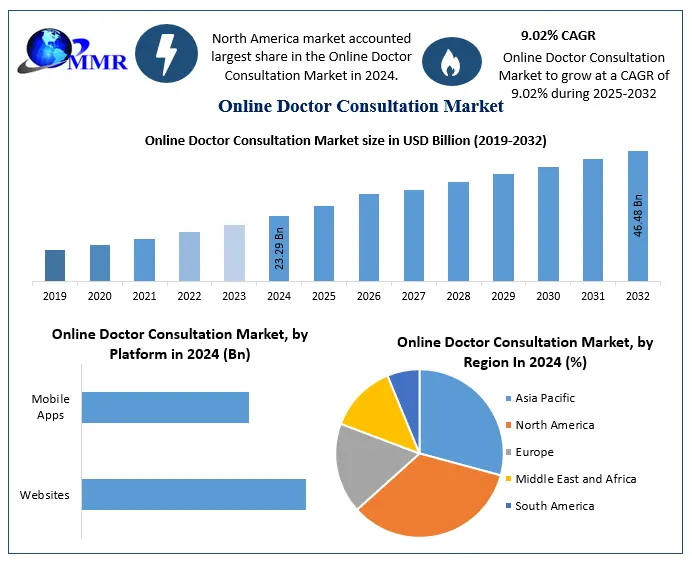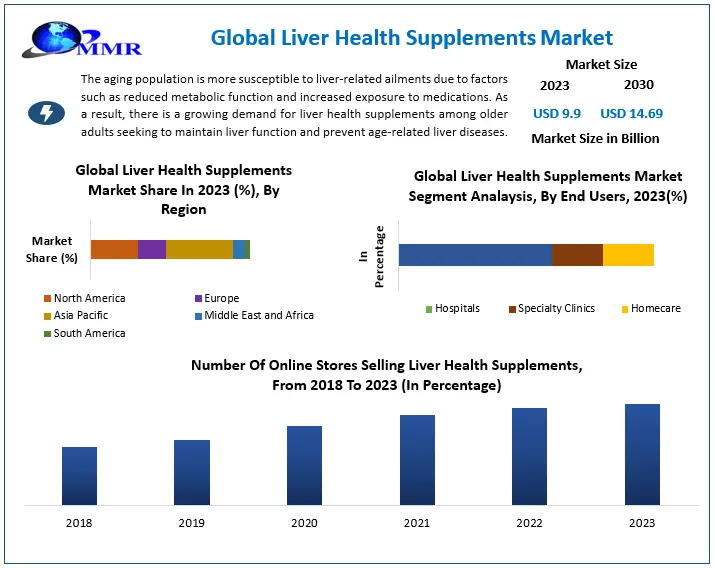AI in Drug Discovery Market to Reach USD 1.54 Billion by 2032, Driven by Accelerated Innovation and Strategic Collaborations
The Artificial Intelligence (AI) in Drug Discovery market is poised for significant growth, projected to expand from USD 0.19 billion in 2024 to USD 1.54 billion by 2032, registering a robust CAGR of 29.6% during the forecast period . This surge is attributed to the increasing integration of AI technologies in pharmaceutical research, enhancing efficiency and reducing time-to-market for new drugs.
Market Growth Drivers & Opportunities
Several factors are propelling the growth of the AI in Drug Discovery market:
-
Rising R&D Costs: The escalating costs of drug development are prompting pharmaceutical companies to adopt AI solutions to enhance efficiency and reduce expenses.
-
Technological Advancements: Innovations in AI, including deep learning and neural networks, are enabling more accurate predictions of drug efficacy and safety.
-
Strategic Collaborations: Partnerships between AI firms and pharmaceutical companies are accelerating drug discovery processes. For instance, Merck KGaA collaborated with Exscientia to leverage AI-driven precision drug design.
-
Growing Prevalence of Chronic Diseases: The increasing incidence of diseases such as cancer and diabetes is driving demand for rapid drug development, where AI plays a crucial role.
Competitive Landscape
The market is characterized by the presence of key players such as IBM, Exscientia, Insilico Medicine, GNS Healthcare (rebranded as Aitia), Google DeepMind, BenevolentAI, BioSymetrics, Inc., Berg Health (acquired by BPGbio Inc.), Atomwise Inc., and insitro . These companies are at the forefront of leveraging AI for drug discovery, focusing on areas like oncology, neurodegenerative diseases, and infectious diseases.
Regional Insights
Growth and Consolidation in the United States
The United States leads the AI in Drug Discovery market, holding a significant share due to its advanced healthcare infrastructure and substantial investments in AI research. In 2023, the U.S. market was valued at USD 823.6 million and is anticipated to grow at a CAGR of 29.1% . Strategic collaborations are prominent, with AMD investing $20 million in Absci Corp., marking its entry into AI-backed drug discovery . Additionally, Recursion Pharmaceuticals partnered with Roche and Genentech to advance therapeutic programs using AI-driven platforms .
Opportunities and Trends in Asia Pacific
Asia Pacific is emerging as the fastest-growing region in the AI in Drug Discovery market, expected to reach USD 2.17 billion by 2030 with a CAGR of 32.4% . Countries like China and India are at the forefront, with China’s market projected to grow at 31.6% and India’s at 32.1% . Chinese biotech firm XtalPi is leveraging AI for early-stage drug discovery, backed by investments from Tencent, Google, and SoftBank Vision Fund . In India, the government’s initiatives to promote AI and biotechnology are fostering a dynamic ecosystem for AI-driven drug discovery.
Why Wait? Request Your Free Sample and Start Exploring Today :
Trends and Updation in Europe
Europe holds a substantial position in the AI in Drug Discovery market, with significant contributions from the UK, Germany, and France. In the UK, companies like Exscientia and BenevolentAI are pioneering AI applications in drug discovery, focusing on oncology and rare diseases . Germany’s Merck KGaA is emphasizing partnerships over acquisitions, collaborating with AI firms like Biolojic Design and Exscientia to expedite drug discovery processes .
Consolidation and Growth in the Middle East and Africa
The Middle East and Africa region, while currently holding a smaller market share, is witnessing growth through strategic collaborations and investments. The region accounted for 3% of the global market share . Efforts are underway to integrate AI technologies into drug discovery processes, with a focus on addressing region-specific health challenges and enhancing research capabilities.
Conclusion
The AI in Drug Discovery market is experiencing unprecedented growth, driven by technological advancements, strategic partnerships, and regional initiatives. As AI continues to revolutionize drug discovery processes, stakeholders across the globe are poised to benefit from more efficient and effective therapeutic developments.



